
Financial freedom is a goal that many strive for, though it can often seem out of reach. It means having adequate savings, investments, and readily available funds to maintain the lifestyle you envision for yourself and your family. Financial freedom also means growing those funds to stay ahead of inflation and being prepared for emergencies, without having to rely on a monthly paycheck. How can you take the necessary steps to ensure you attain and sustain financial independence?
Key Takeaways
- Define Clear Financial Goals: Set specific targets for your savings and lifestyle needs. Knowing exactly what financial freedom means to you helps in crafting a personalized and effective financial strategy.
- Embrace Frugality: Living below your means is essential. Prioritize saving over spending by budgeting effectively and cutting unnecessary expenses, which can accelerate your path to financial freedom.
- Smart Investing and Debt Management: Invest your savings wisely to outpace inflation and grow your wealth. Simultaneously, focus on paying off high-interest debt to reduce financial burdens and free up more resources for investments.
About Arcadia Finance
Experience hassle-free loan securing with Arcadia Finance. With no application fees and a choice of 19 reputable lenders, all compliant with South Africa’s National Credit Regulator standards, you’re assured of a smooth and trustworthy process. Find options perfectly tailored to meet your financial needs.
What Exactly is Financial Freedom?
Financial freedom doesn’t have a universal definition. For many, it means having the ability to manage your finances effectively to cover living costs and achieve various life goals comfortably. It’s not necessarily about amassing great wealth, but rather having the freedom to spend more time on what matters to you, rather than just earning a living. Attaining financial freedom is crucial for those looking to retire early.

12 Steps to Financial Freedom
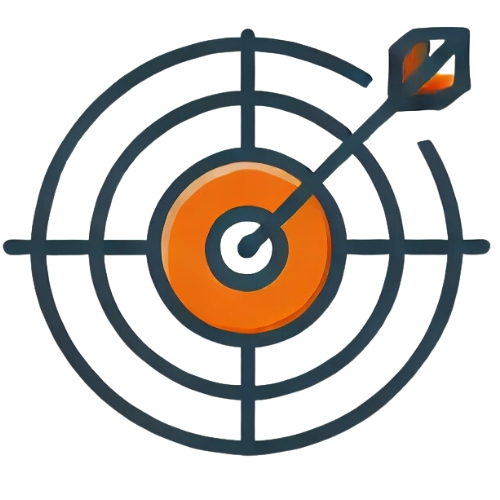
Establish Life Objectives
Clarify what financial independence means for you by specifying exact figures and timelines. Record the following details:
Your lifestyle needs:
- The amount required in your bank account.
- The age at which you aim to reach this goal. Work backwards from your target age to your current age to set financial benchmarks. Document everything and keep it in your financial binder.
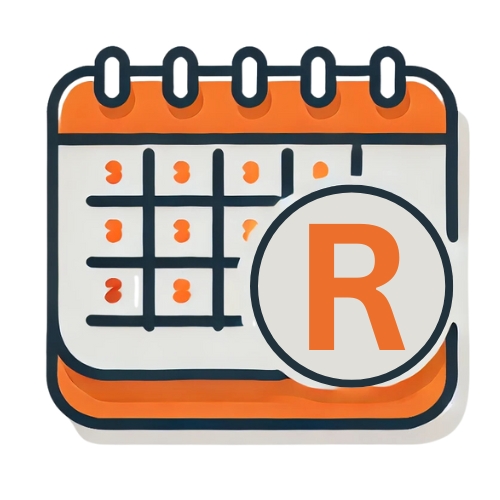
Develop a Monthly Budget
Create and stick to a detailed monthly household budget to ensure all bills are covered and savings goals are met. Start by listing all your income sources and regular expenses, categorising them into essentials like rent, utilities, groceries, and non-essentials like entertainment and dining out. Allocate specific amounts for each category, making sure that a portion of your income is directed towards savings and investments. This practice helps you track your spending patterns and resist unnecessary expenditures. Review and adjust your budget regularly to reflect changes in your financial situation.
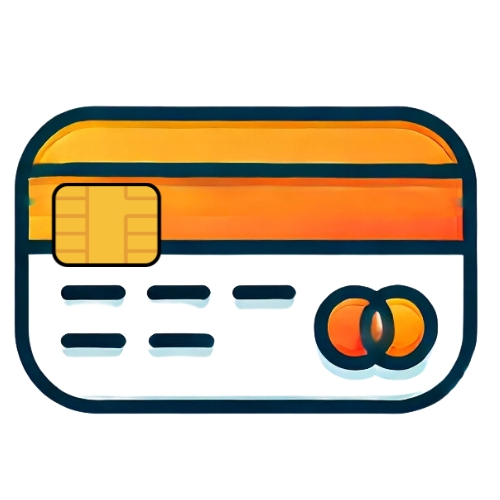
Clear Credit Card Balances Fully
Avoid high-interest consumer debt by paying off your credit card balances in full each month. Prioritise this over lower-interest loans such as student loans or mortgages, as credit card debt can quickly become unmanageable. Develop a strategy for managing your credit card usage, such as setting spending limits and avoiding impulse purchases. Ensure timely payments on all loans to build a solid credit history and avoid penalties. Consider using credit card rewards and benefits to your advantage, but always be cautious about your spending habits to maintain financial health.
Debt Payoff Strategies Comparison Table
| Strategy | Description | Pros | Cons |
|---|---|---|---|
| Debt Snowball | Pay off debts from smallest to largest | Motivational; small wins encourage continuation | Might pay more interest over time |
| Debt Avalanche | Pay off debts with the highest interest rate | Saves money on interest | Less immediately rewarding; requires discipline |
| Debt Consolidation | Combine multiple debts into a single loan | Simplifies payments; potentially lower interest rate | May extend the debt period; initial costs |
Looking to escalate your journey towards financial independence? Dive into our selection of Books to Help You Get Rich, a curated list that will equip you with the knowledge to make informed financial decisions and set you on a path to financial freedom.
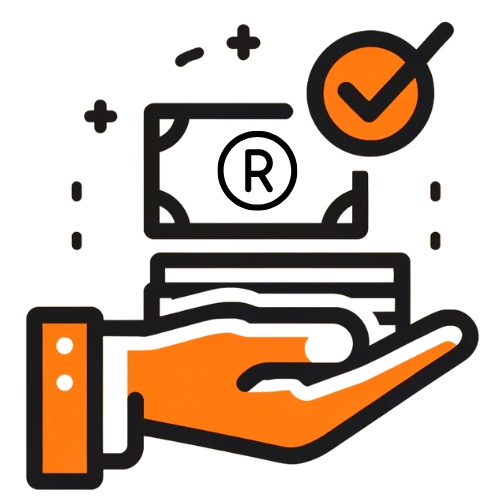
Set Up Automatic Savings
Participate in your employer’s retirement plan and take full advantage of any matching contributions offered. Set up automatic transfers to an emergency fund and a brokerage account, ideally timed with your payday to ensure that savings occur before spending. Automating your savings helps you stay disciplined and consistent, reducing the temptation to spend money meant for future use. Aim to save a certain percentage of your income regularly and gradually increase this amount as your financial situation improves. Regularly review and adjust your savings goals to reflect changes in your income and financial priorities.
An essential pillar of financial security is having an emergency fund. Discover the critical steps to building an effective emergency fund that can safeguard your financial well-being against unexpected expenses.

Begin Investing Immediately
Invest consistently, even during market downturns, to leverage the power of compound interest. Start by educating yourself on different investment options and strategies, such as mutual funds, index funds, and bonds. Avoid stock picking unless you’re an expert, as this can be risky and time-consuming. Instead, use online brokerage accounts to create a diversified portfolio with automatic contributions. Diversification helps spread risk and increase the potential for returns. Stay informed about market trends and adjust your investment strategy as needed, keeping a long-term perspective to maximise growth.
Different Types of Investments in Comparison
| Investment Type | Risk Level | Potential Returns | Liquidity |
|---|---|---|---|
| Stocks | High | High | High (market dependent) |
| Bonds | Low to Medium | Moderate | Moderate to High (depending on bond type) |
| Real Estate | Medium to High | Variable | Low |
| Mutual Funds | Medium | Moderate to High | High |
| ETFs | Medium | Moderate to High | High |
| Certificates of Deposit (CDs) | Low | Low | Low (penalties for early withdrawal) |
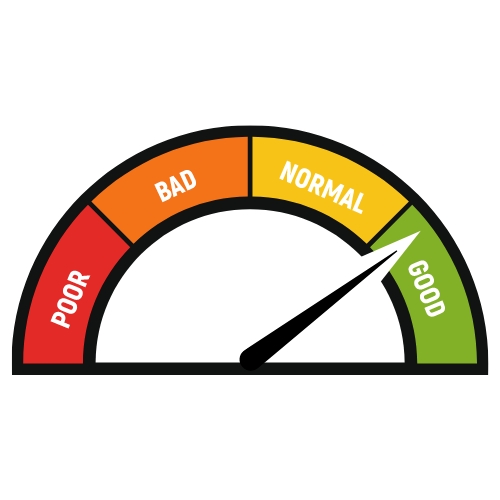
Monitor Your Credit Score
Frequently check your credit score to ensure its accuracy and maintain favourable loan interest rates. Understand the factors that influence your credit score, such as payment history, credit utilisation, and length of credit history. Regular monitoring can help you identify and correct any errors or discrepancies promptly. Consider using trusted services like Experian or subscribing to a credit monitoring service for additional security and to receive alerts about significant changes to your credit report. Maintaining a good credit score is crucial for accessing loans, securing lower interest rates, and achieving overall financial stability.
Your credit score plays a significant role in your financial freedom. Learn how to manage and improve your credit score with strategic steps that can open doors to better financial opportunities.
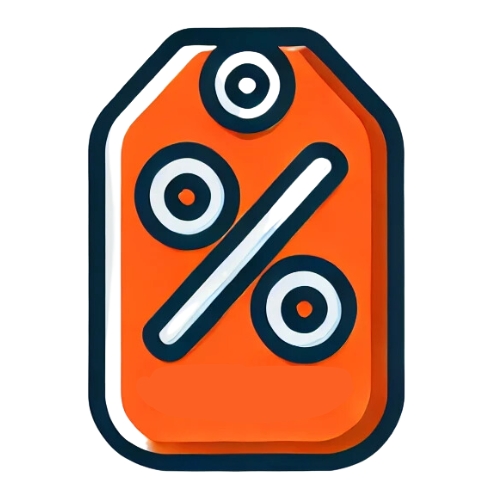
Bargain for Products and Services
Don’t hesitate to negotiate prices, especially with small businesses and independent sellers. This can lead to substantial savings, particularly when purchasing in bulk or as a loyal customer. Research the market value of products and services beforehand to strengthen your bargaining position. Be polite and respectful during negotiations, highlighting any long-term benefits of a lower price, such as repeat business or referrals. Practising your negotiation skills regularly can make you more confident and effective in securing better deals.
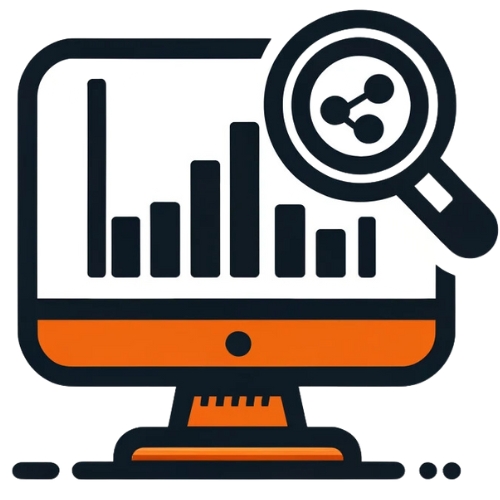
Stay Informed on Financial Matters
Keep up to date with tax regulations and financial news to maximise deductions and adjust your investments accordingly. Regularly read financial publications, follow reputable financial blogs, and participate in online forums to stay informed about the latest trends and changes. Understanding new tax laws and investment opportunities can help you make informed decisions and optimise your financial strategy. Staying informed also helps protect against fraud and scams, safeguarding your assets and ensuring your financial security.
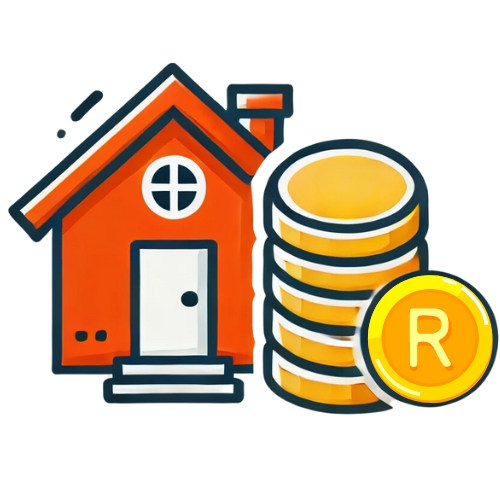
Uphold Property Maintenance
Proper maintenance of your property prolongs its lifespan and saves money over time. Regularly inspect your home for issues such as leaks, cracks, or wear and tear, and address them promptly to prevent costly repairs in the future. Develop a maintenance schedule that includes tasks like cleaning gutters, servicing HVAC systems, and checking the roof. Understand the difference between wants and needs to prioritise spending effectively, focusing on essential repairs and upgrades that add value to your property. Keeping your property in good condition enhances its market value and provides a comfortable living environment.
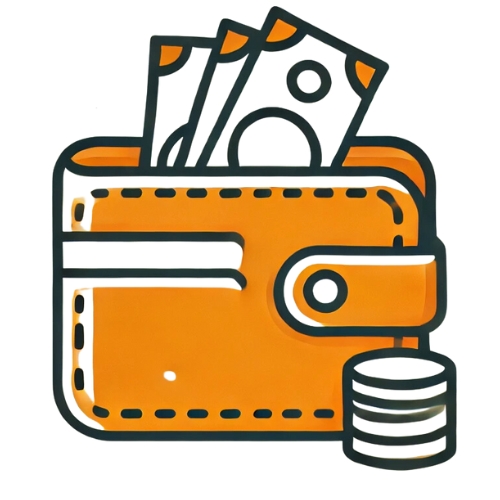
Live Within Your Means
Adopt a thrifty lifestyle by distinguishing between necessities and luxuries. Start by analysing your spending habits and identifying areas where you can cut back without sacrificing your quality of life. Make small adjustments, such as cooking at home instead of dining out, shopping for sales, and avoiding impulse purchases. Embrace a minimalist mindset, focusing on experiences and relationships rather than material possessions. These small changes can lead to significant improvements in your financial health, allowing you to save more and reduce financial stress.
Get started with being financially free by first mastering everything you need to know about financial planning. A solid plan ensures your budget aligns with your financial goals, helping you achieve financial stability.
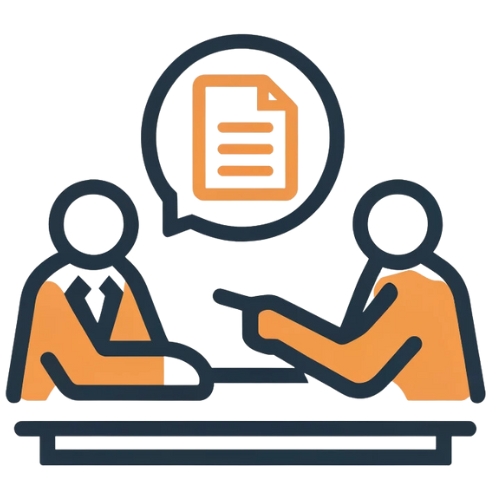
Consult a Financial Advisor
When you accumulate significant assets, seek advice from a professional financial advisor to help manage and grow your wealth efficiently. Choose an advisor with a solid reputation and credentials, and ensure they understand your financial goals and risk tolerance. A good advisor can provide personalised investment strategies, tax planning, and estate planning services, helping you navigate complex financial decisions. Regularly review your financial plan with your advisor to adjust for changes in your life circumstances and financial markets, ensuring your wealth continues to grow and support your long-term objectives.

Prioritise Your Health
Maintaining good health positively impacts your financial situation by reducing medical expenses and supporting your ability to work and enjoy life. Regular medical check-ups, a balanced diet, and consistent exercise can prevent costly health issues and improve your overall well-being. Invest in health insurance to protect against unexpected medical costs, and consider long-term care insurance as you age. A healthy lifestyle not only enhances your quality of life but also supports your long-term financial goals by minimising health-related financial setbacks.
Embarking on a journey towards financial freedom? Enhance your knowledge with our comprehensive list of Financial Education Books. These curated reads will equip you with essential strategies to manage your finances more effectively and work towards financial independence.

How Much Do You Need to Be Financially Free in South Africa?
The amount needed to achieve financial independence in South Africa can vary widely based on lifestyle, location, and personal financial goals. However, a commonly used rule for financial independence is the “25 times rule,” which suggests you should aim to have saved at least 25 times your annual expenses. Here’s a rough breakdown of how you might calculate this:
- Determine Your Annual Expenses: Start by calculating your total yearly spending. Include all essentials such as housing, food, and transportation, as well as leisure activities and unexpected costs.
- Apply the 25 Times Rule: Multiply your annual expenses by 25. This figure represents the savings target you would need to achieve financial independence. The idea is that you could withdraw 4% of your nest egg each year to cover your expenses without depleting your principal.
- Adjust for Inflation and Other Factors: Consider factors like inflation, healthcare costs, and potential emergencies. These factors might necessitate saving even more.
- Personalise Your Plan: Depending on your investment strategies, risk tolerance, and actual returns, you might need more or less. Additionally, income streams such as rental income, dividends, or part-time work can reduce the total savings required.
Example:
If your annual expenses are ZAR 300,000, applying the 25 times rule means you would aim to save ZAR 7.5 million (300,000 x 25).
How Do I Know When I’ve Attained Financial Freedom?
You will recognise that you’ve reached financial freedom when your income streams or assets are sufficient to cover both your essential living expenses and discretionary spending, all without the need to rely on a traditional job or career. This level of financial security gives you the freedom to choose whether to work, follow your passions, travel, and live life according to your own terms. If your income regularly exceeds your expenses, you are likely on the way to achieving financial freedom.
Conclusion
Achieving financial freedom is an ongoing journey rather than a final destination, and it often requires time and effort to reach your goals. With careful planning, disciplined saving and investing, and a willingness to make short-term sacrifices, you can work towards financial freedom and live the life you’ve always imagined.
Remember, each step you take towards financial independence is progress. Stay focused on your goals and don’t be discouraged by any setbacks along the way. You’re making strides in the right direction!
Frequently Asked Questions
Financial freedom is the ability to live comfortably without relying on a regular paycheck from employment. It requires maintaining sufficient savings, investments, and available cash to maintain the lifestyle you aspire to for yourself and your family, while also being prepared for any unexpected expenses.
The amount needed varies widely based on individual lifestyle, location, and expenses. A common guideline is the “25 times rule,” which suggests you should aim to have savings that are 25 times your annual expenses. For example, if your annual expenses are ZAR 300,000, aim for at least ZAR 7.5 million in savings.
Begin by creating a detailed budget to understand your monthly spending. Focus on eliminating debt and building an emergency fund. Simultaneously, start saving a portion of your income regularly and invest wisely to grow your wealth.
Yes, achieving financial freedom with a low income is possible by managing your finances wisely and making informed decisions. This includes strict budgeting, minimizing unnecessary expenses, investing in low-cost index funds, and exploring ways to increase income through side hustles or upskilling.
Investing is crucial for financial freedom as it helps your money grow faster than inflation, increasing your wealth over time. Smart investments can provide passive income streams and significantly reduce the time it takes to reach financial independence.
Fast, uncomplicated, and trustworthy loan comparisons
At Arcadia Finance, you can compare loan offers from multiple lenders with no obligation and free of charge. Get a clear overview of your options and choose the best deal for you.
Fill out our form today to easily compare interest rates from 19 banks and find the right loan for you.


